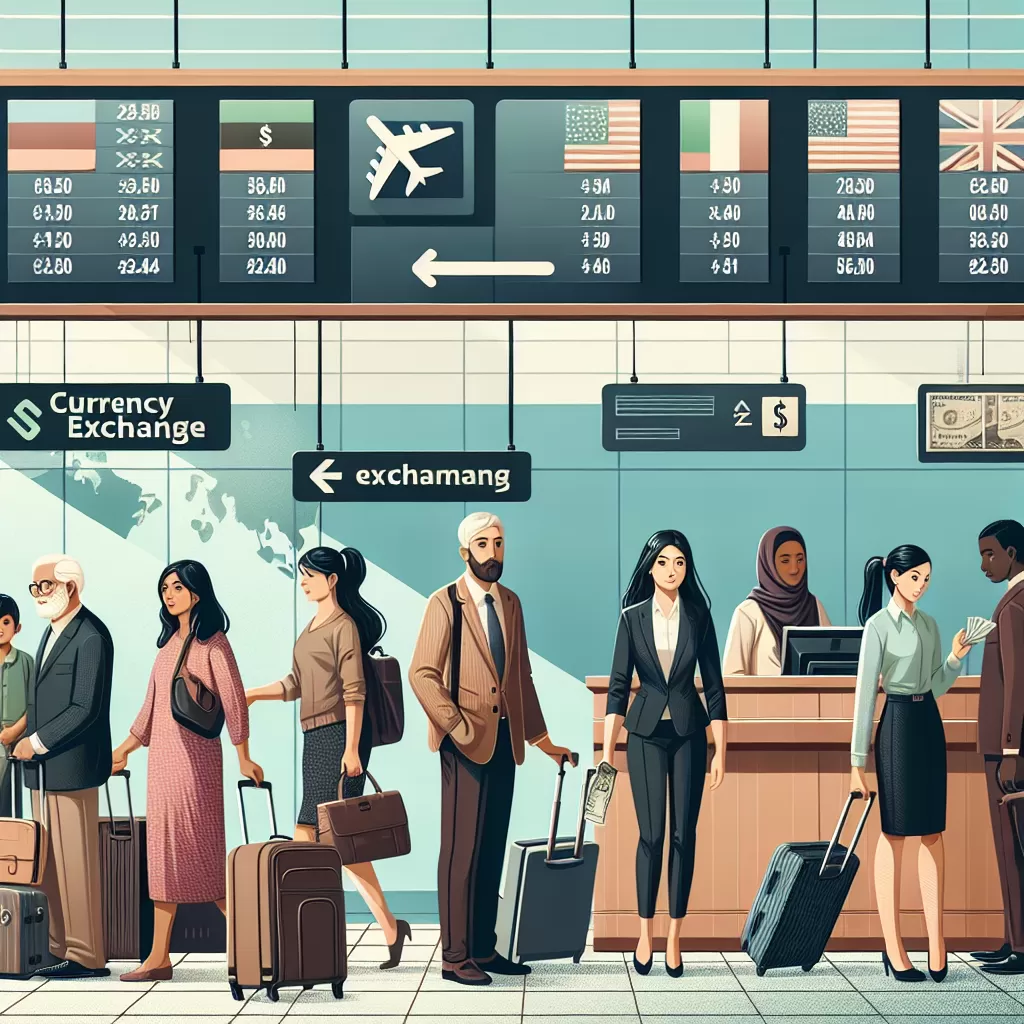Where Can I Do Currency Exchange
Follow Currency Mart April 10, 2024
Where to purchase Foreign Currencies?

Introduction
Navigating the unpredictable terrain of currency exchanges can seem like an arduous task. With fluctuating rates and varying service fees, finding the most favourable terms can be intimidating. However, with the right information, this process can be made simple. This article seeks to provide insight into places where you can do currency exchange efficiently and economically.Banks
Banks are traditional hubs for currency exchanges. They provide competitive exchange rates to their customers and often offer the service as part of a broader banking package. There's a sense of security and trust with banking since they abide by strict financial regulations. Canadian banks like CIBC, TD Bank, Royal Bank of Canada, and Bank of Montreal offer foreign exchange services both onsite and online. They typically detail the exchange rates on their websites. Yet, bear in mind that banks might add service fees for non-customers or for certain types of transactions.Currency Exchange Bureaus
Currency Exchange Bureaus are establishments dedicated exclusively to exchanging currency. They're often found in airports, shopping centres, and tourist areas. Bureau rates may not be as attractive as those of the banks, but they compensate through convenience and flexibility. Some of Canada's leading bureaus include Calforex Currency Exchange, KnightsbridgeFX, and ICE - International Currency Exchange.Online Currency Exchange Platforms
In this digital age, online currency exchange platforms have gained popularity. They offer competitive rates and convenience – you can exchange currency without leaving your home. You can transfer your exchanged money directly into your account or even to your overseas recipient. Examples are Revolut, Wise (formerly Transferwise), XE Currency Converter, and OFX.Credit and Debit Cards
Many Canadian credit and debit cards allow international transactions, automatically converting purchases into Canadian dollars. While convenient, they often incorporate a foreign transaction fee. Ensure that you understand any fees and the exchange rate used before using your card abroad.Local Post Office
Many people are unaware that the Canadian Post Office provides currency exchange services. While not as competitive as banks or online platforms, they can be a handy hub, especially in rural areas with fewer banking institutions.Peer-to-Peer Exchange
As an alternative to traditional methods, peer-to-peer exchange services are platforms that match individuals looking to exchange different currencies. They typically operate online and offer minimal or zero commission fees, with examples including CurrencyFair and Midpoint.Cryptocurrencies
A newer and slightly more complex form of currency exchange involves cryptocurrencies like Bitcoin, Ethereum, etc. Cryptocurrency exchange platforms convert fiat currency into digital tokens. However, this method involves a learning curve and may not be suitable for quick, simple currency conversion.Conclusion
To best navigate the realm of currency exchange, start by understanding your needs and researching the rates and fees of potential options. Convenience, cost, availability, and transaction times should all factor into your decision. Whether you choose a traditional bank, an online platform, or even a peer-to-peer service, make sure you're gaining the most value while minimizing fees. In the unpredictable dance of currency exchange, knowledge truly is power.
Where to purchase Foreign Currencies?